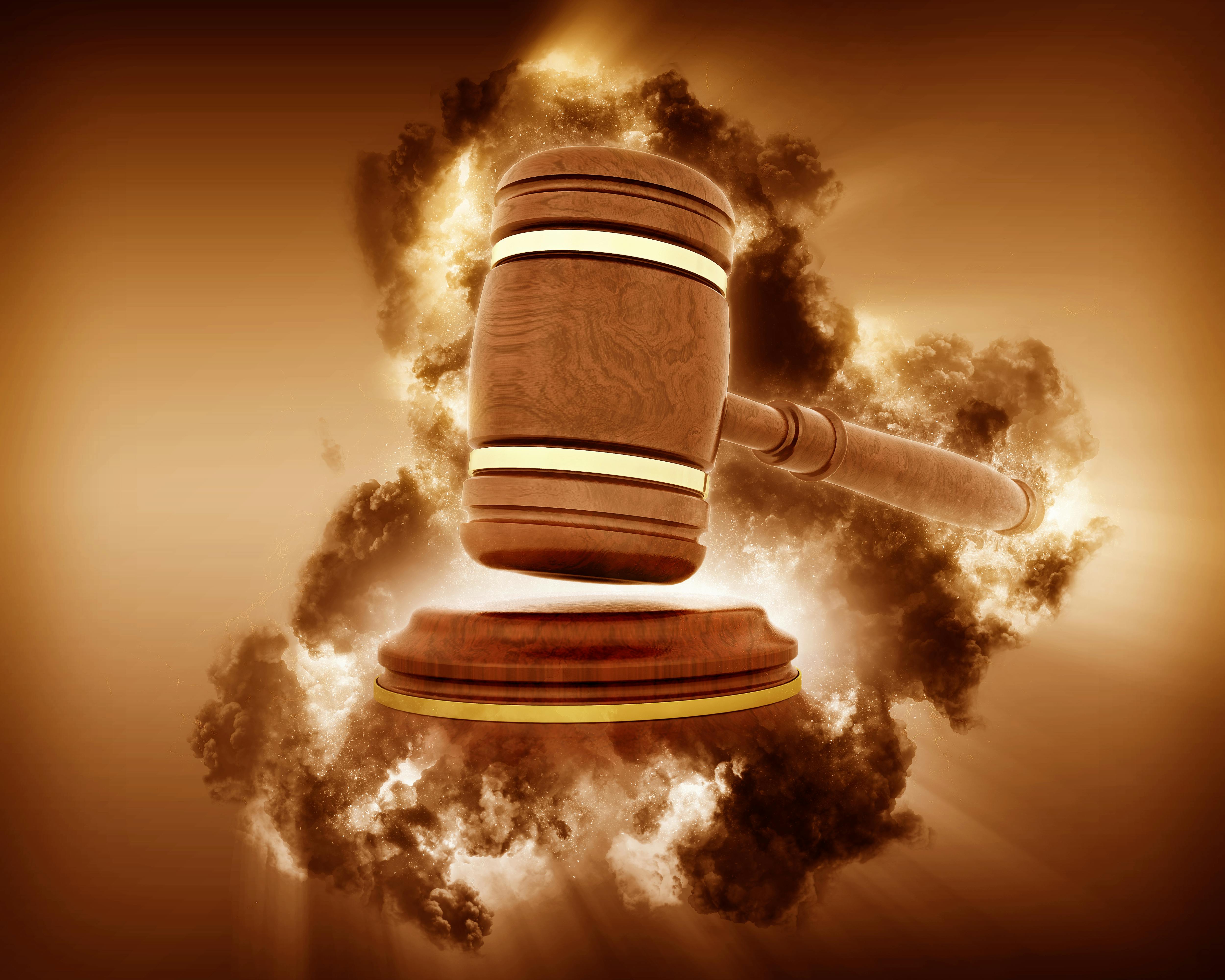The internet has always been a madhouse. For a long time, tech companies have silently extracted content from public websites to run tests on search engines, power AI models, and train algorithms. However, from the look of things, the ‘’look the other way’’ culture might be coming to an end.
In a recent lawsuit that could change AI’s relationship with the web, Reddit has laid charges against Anthropic, a tech company behind the Claude AI chatbot, for training on Reddit’s vast collection of user posts without consent. According to the filing, Anthropic harvested data from Reddit conversations and used it to make Claude more valuable, conversational, and knowledgeable.
Why the Sudden Outrage Against AI Companies Scraping Public Websites?
Scraping is not new; the stakes have just changed. Reddit is getting ready for an IPO (Initial Public Offering) and is strongly monetizing access to its API (Application Programming Interface). In other words, Reddit no longer sees its content as free but as a premium product. Those archives of arguments, memes, and advice are now seen as intellectual property with a price tag.
Tech companies, on the other hand, have developed business models thinking the open web was a free buffet. Models like Claude require a lot of text to learn human language and conversation methods. Reddit, with its frank, various, and community-driven posts, is one of the richest platforms to accumulate information.
The Data Scraping Problem
Scraping has always been a legal gray area. Courts have sometimes given verdicts in its favor, especially for research, journalism, or competitive intelligence, but those cases are very different from billion-dollar AI models developed on large datasets. Why? Because the scraped data is the brain behind the entire AI product.
Reddit alleged that the act was not only about gathering public knowledge, but also about reusing their community’s information to train a commercial AI, without credit or reward.
One thing is, if Reddit wins, it could set a precedent requiring AI developers to enter into licensing agreements with platforms before utilizing their data for training. That could change the radar of AI’s economics almost overnight, particularly for smaller companies that can’t pay for massive datasets.
If Anthropic wins, the verdict could re-emphasize the idea that “public” actually means “fair game,” offering AI companies free rein to scrape and train without seeking permission, at least until new laws step in.
Who Owns the Conversations You See Online?
There’s this wrinkle that goes beyond Reddit and Anthropic. Reddit in itself doesn’t write the posts; it’s users do.
That means your rants about how ChatGPT went down and disrupted your work, your detailed guide to being a fantastic technical writer, or your heartfelt relationship stories could end up being raw material for an AI system without you knowing. Reddit has these terms of service that grant it broad rights over user content, but those agreements were never written with big-scale AI training in mind.
This brings up a deeper question: In the era of generative AI, do we require a new type of consent for user-generated content? And if so, who gets to enforce it? Is it the platforms, the users, or the lawmakers?
Wider Implications
While the headline says “Reddit vs. Anthropic,” the legal battle is also a stand-in fight for the AI industry as a whole. If Reddit ends up winning, it is likely that there will be a wave of similar lawsuits against OpenAI, Google, and other AI companies that have likely trained models on similar public sources.
In that world, AI companies might be pushed to enter into licensing agreements, cut revenue-sharing deals, or develop models on smaller, licensed datasets, dragging innovation, but giving content owners more leverage.
On the other hand, if Anthropic wins, be sure of an AI arms race. With legal authority to scrape public information, AI developers may speed up data collection at a rate we’ve never seen, before any new laws can caution them.
Ethics, Law, and the AI Future
We’re at the precipice of a new frontier where the regulations for data ownership, copyright, and AI training are all up for debate.
This lawsuit won’t determine just who pays whom; it will also help define the limits of how AI learns. Is the internet going to remain an open training ground, or will it become a secured area where every dataset comes with a contract?
One thing is sure: the silent period of scraping in the dark is over. Henceforth, every dataset might come with a price, and every post might be part of a bigger fight over who owns the future of knowledge.











